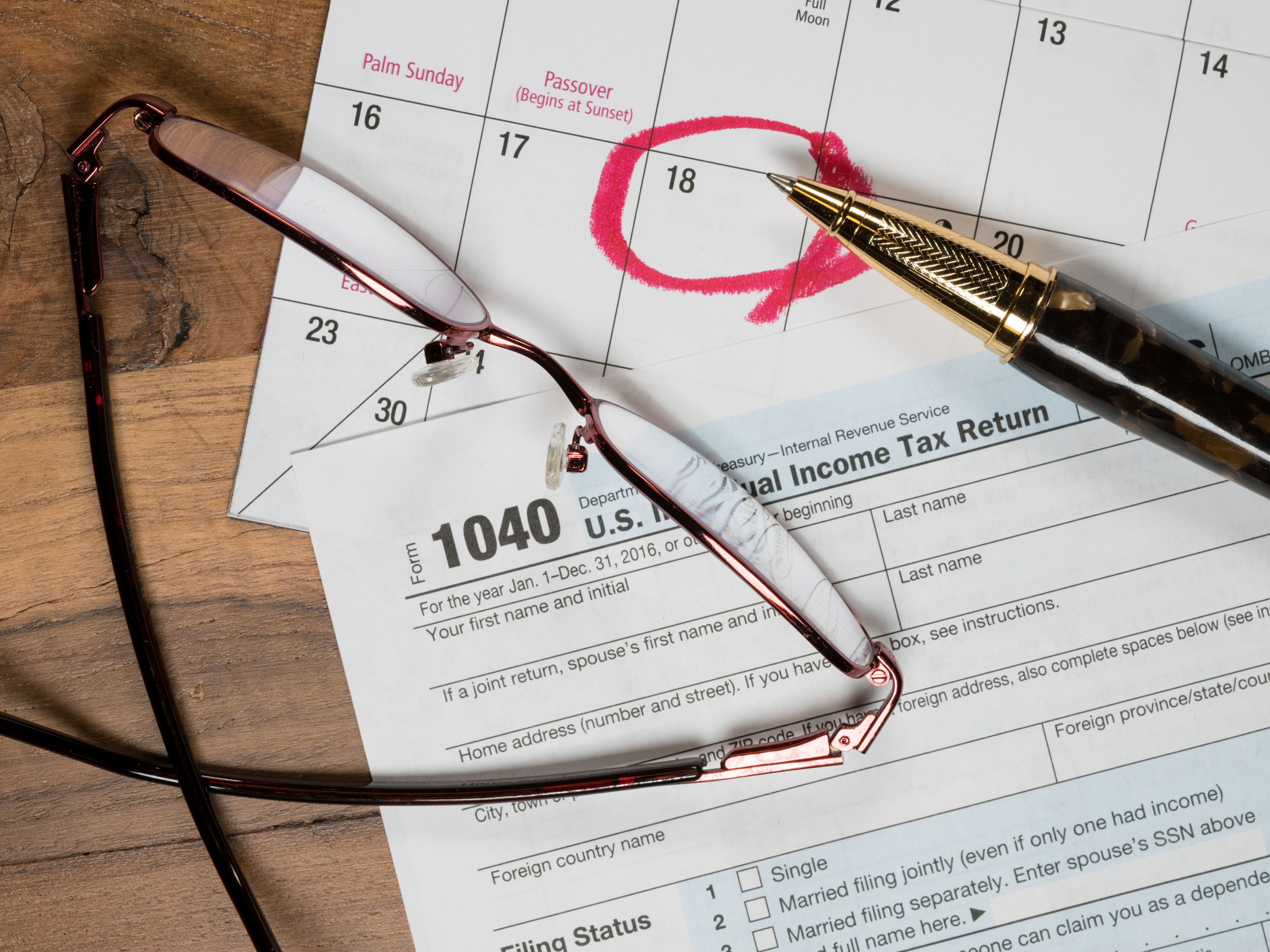Puerto Rico Tax Law: A Comprehensive Overview
31 March 2022
Puerto Rico Tax Law: A Comprehensive Overview
Puerto Rico, a U.S. territory in the Caribbean, has its tax system separate from the mainland United States. The Puerto Rico tax system has significantly changed in recent years to increase economic growth and attractinvestment. In this article, we will provide a comprehensive overview of the tax laws in Puerto Rico.
If you are doing business in Puerto Rico, it is important to understand the island's tax laws well. Puerto Rico has a unique tax system, which is different from the United States. Here is a comprehensive overview of Puerto Rico's tax law:
Individual Income Tax
Puerto Rico imposes an individual income tax on its residents and non-residents who earn income in Puerto Rico. The tax rates range from 4% to 33% based on a taxpayer's income. The tax brackets for single taxpayers range from $0 to $20,000, $20,001 to $30,000, $30,001 to $40,000, $40,001 to $60,000, $60,001 to $100,000, and over $100,000. Married taxpayers filing jointly have similar brackets but higher income ranges.
Puerto Rico does not tax income that is earned outside of Puerto Rico. This means that if you are a resident of Puerto Rico but earn revenue from a job located outside of Puerto Rico, you will not be taxed on that income by Puerto Rico.
Business Taxes
Puerto Rico also has a tax system for businesses. The central taxes that companies must pay are the corporate income tax, the business-to-business tax (B2B), and the municipal license tax.
Corporate Income Tax
The corporate income tax is levied on corporations that do business in Puerto Rico. The tax rate is 37.5% for domestic corporations and 39% for foreign corporations. However, several tax incentives and exemptions are available to businesses operating in Puerto Rico. These include the Act 20 and Act 22 programs, which we will discuss in more detail later in this article.
Business-to-Business Tax (B2B)
The B2B tax is a tax on services provided by one business to another business. The tax rate is 4% of the value of the service provided. However, certain services are exempt from the tax, including professional, financial, and insurance services.
Municipal License Tax
The municipal license tax is a tax on the privilege of doing business in Puerto Rico. The tax rate varies by municipality, but it generally ranges from 0.5% to 1.5% of the company's gross receipts.
Tax Incentives
Puerto Rico offers a range of tax incentives to businesses that operate in the territory. The two most popular programs are Act 20 and Act 22.
Act 20
Act 20, also known as the Export Services Act, is a program that provides tax incentives to businesses that export services from Puerto Rico. The program offers a 4% corporate income tax rate and a 100% tax exemption on dividends and capital gains for qualified businesses. To qualify, a company must provide services to clients outside Puerto Rico and meet particular employment and investment requirements.
Act 22
Act 22, also known as the Individual Investors Act, is a program that provides tax incentives to individuals who relocate to Puerto Rico. The program offers a 0% tax rate on capital gains and dividends for individuals who become bona fide residents of Puerto Rico. To qualify, an individual must spend at least 183 days per year in Puerto Rico and meet specific investment requirements.
In conclusion, understanding Puerto Rico's tax laws is important for businesses operating on the island. The tax laws in Puerto Rico are different from those in the United States, and it is important to work with a knowledgeable tax advisor to ensure compliance with all applicable laws and regulations. If you need assistance with your tax planning and compliance in Puerto Rico, contact HLB Puerto Rico today. Our team of experienced professionals can help you navigate the complexities of Puerto Rico's tax system and ensure that you comply with all applicable laws and regulations.

.






